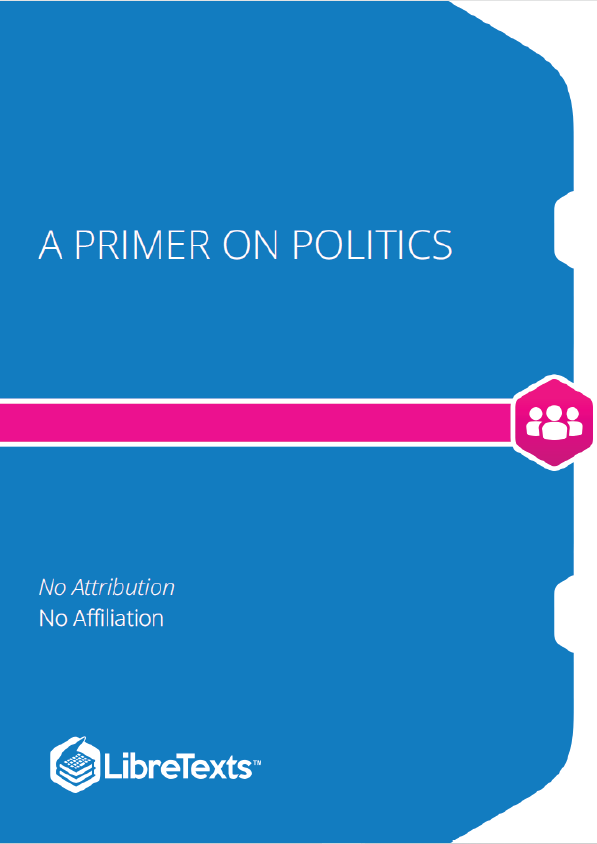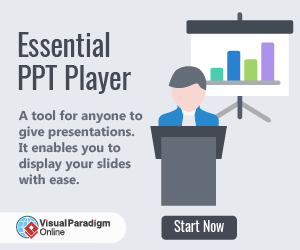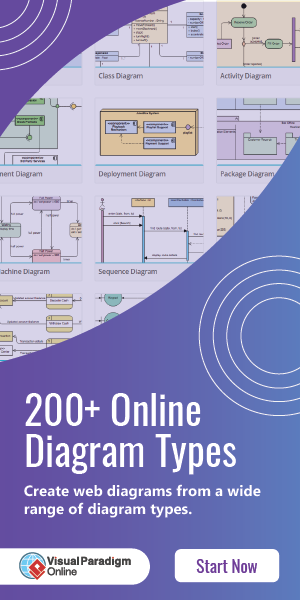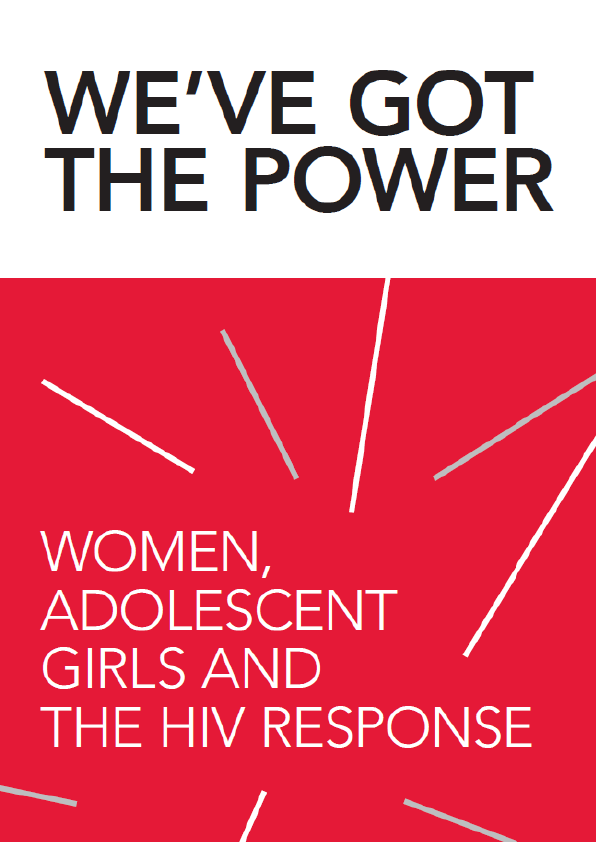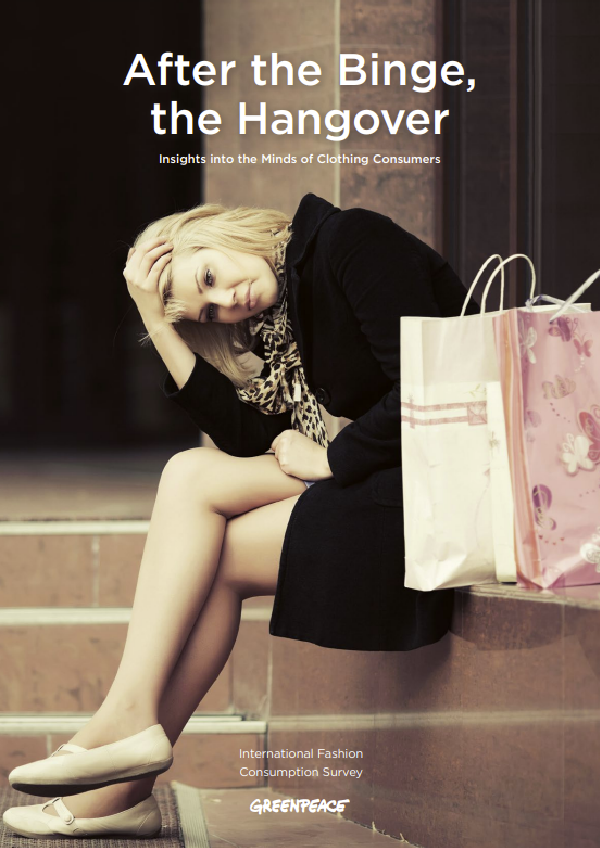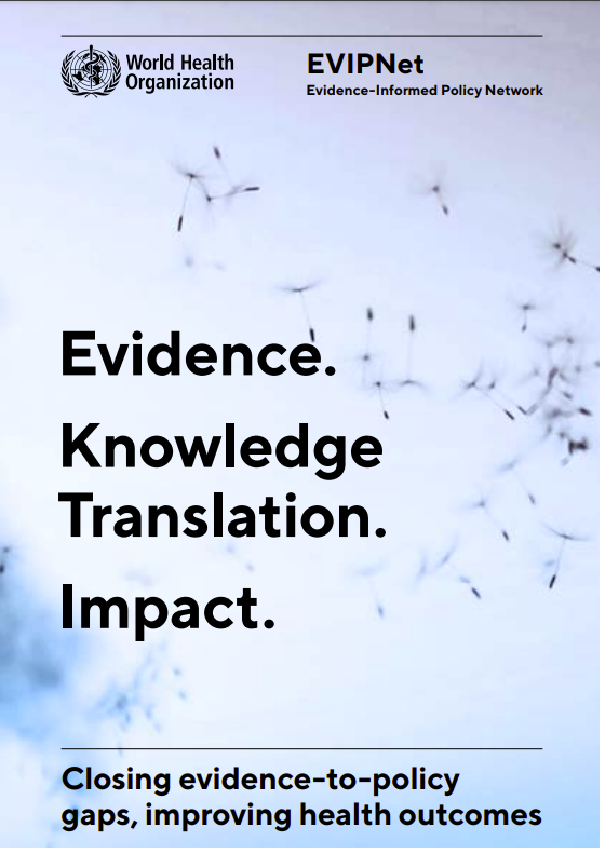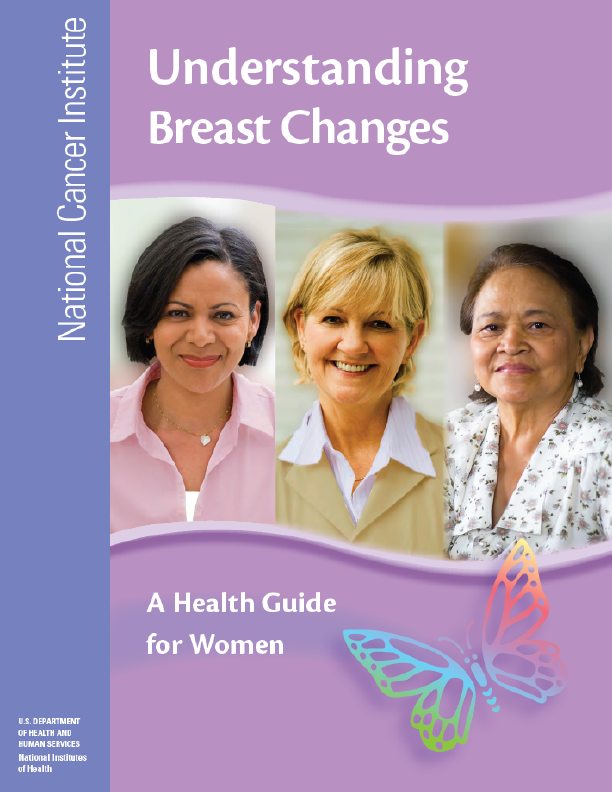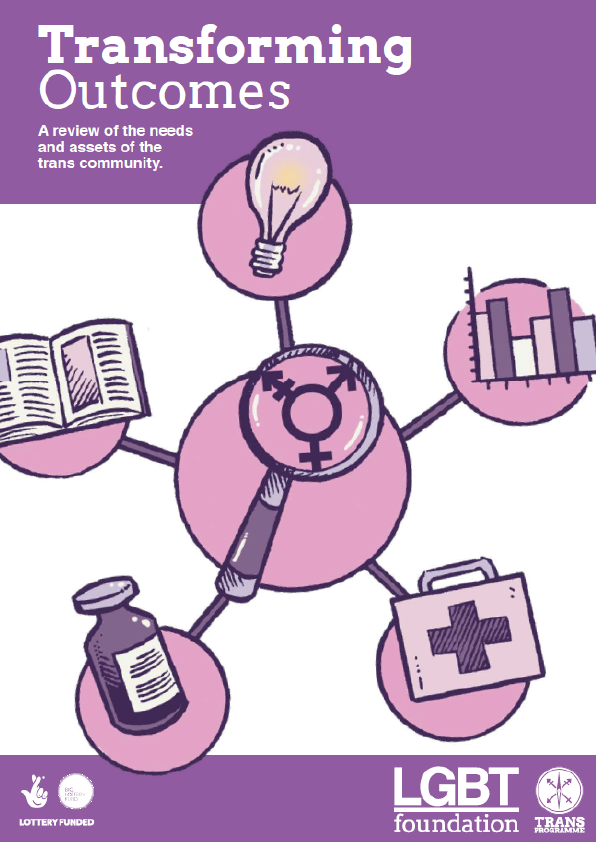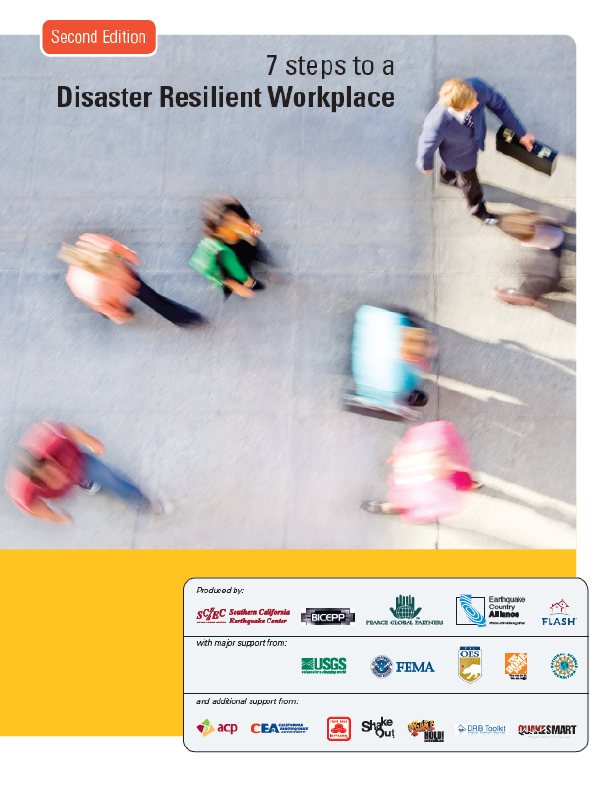An Introduction to Politics proposes to chart a path that is at once a little more brief, concise and in between than those textbooks currently on the market. As this class is usually taught to freshmen, there is little to be gained and much to be lost with overloading a text with too much minutiae of the ins and outs of politics. Covering too much will, in the end, be covering too little if students don’t read or give up on reading the book. Politics is a great story—the story of human existence. A successful textbook needs to tell that story.
Why do we have to do things this way? We don’t, necessarily. We could just let everything happen and let everyone choose for themselves. Anarchists have argued for centuries that government makes us worse people; that, left to their own, people will just get along and do what they want. Libertarians, who believe in minimal government, make a very similar argument (perhaps without realizing it).
There are a number of potential problems with the idea that we would be better with no government, however. (And, examined closely, anarchy doesn’t really mean no government; it tends to mean a decentralized sort of government that limits the amount of power anybody has.) The first is what we might call the traffic light problem. In a society of any size, it becomes very difficult to predict what everybody will do, like having a lot of drivers at an intersection. Traffic lights help sort out who goes when, which cuts way down on accidents. You don’t have to know people to know what each one will do—there’s an established order (as long as everyone’s watching the light as they approach the intersection). In economics, traffic lights are a classic example of a public or social good—traffic lights won’t be provided by normal market activity because nobody can make a profit from them. Without some kind of social organization—government—there will be no traffic lights (or four-way stops or roundabouts or any other way making sense out of an intersection). As annoying as they can be when we’re in a hurry, I think we’d actually miss them.
It’s not all pretty lights, however. By living in an organized society, we give up some freedom in exchange for predictability and certainty. If society were the 30 or so people in your class or your section, you’d all get to know each other enough that your behaviors would be predictable and understandable. There wouldn’t be so much need for written rules, because, generally, everyone would have a sense of what the rules are. But as societies grow, eventually you don’t know everyone in the group, and organization becomes more likely as people seek to continue to make life predictable and stable. Human beings don’t like change, and yet nothing is probably more certain in our lives. So government is one way we try to keep change at a minimum.
